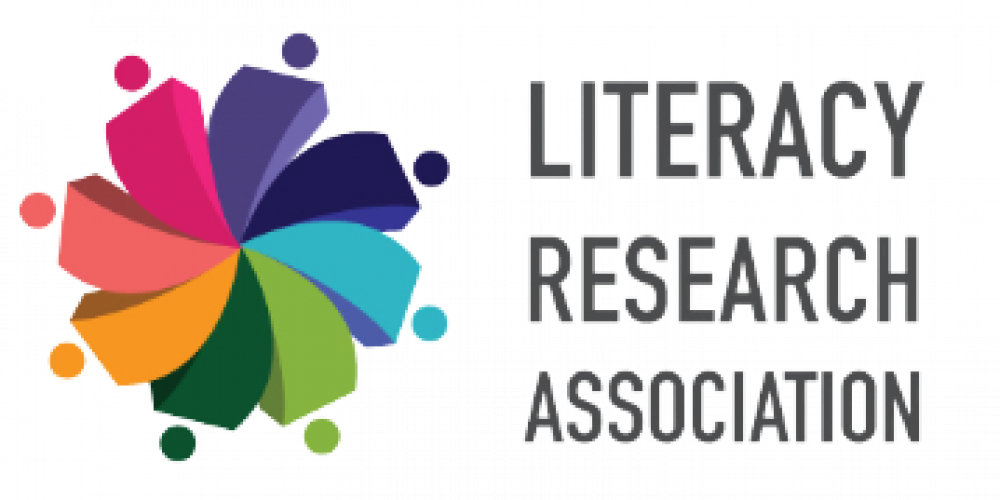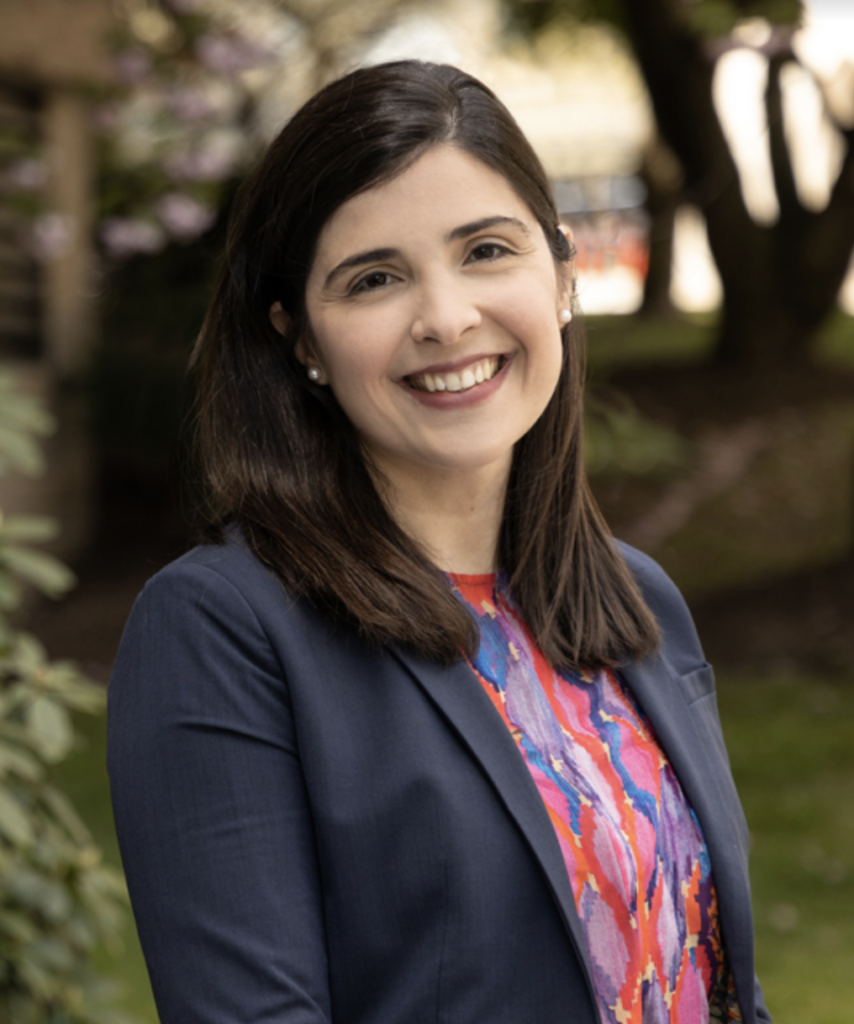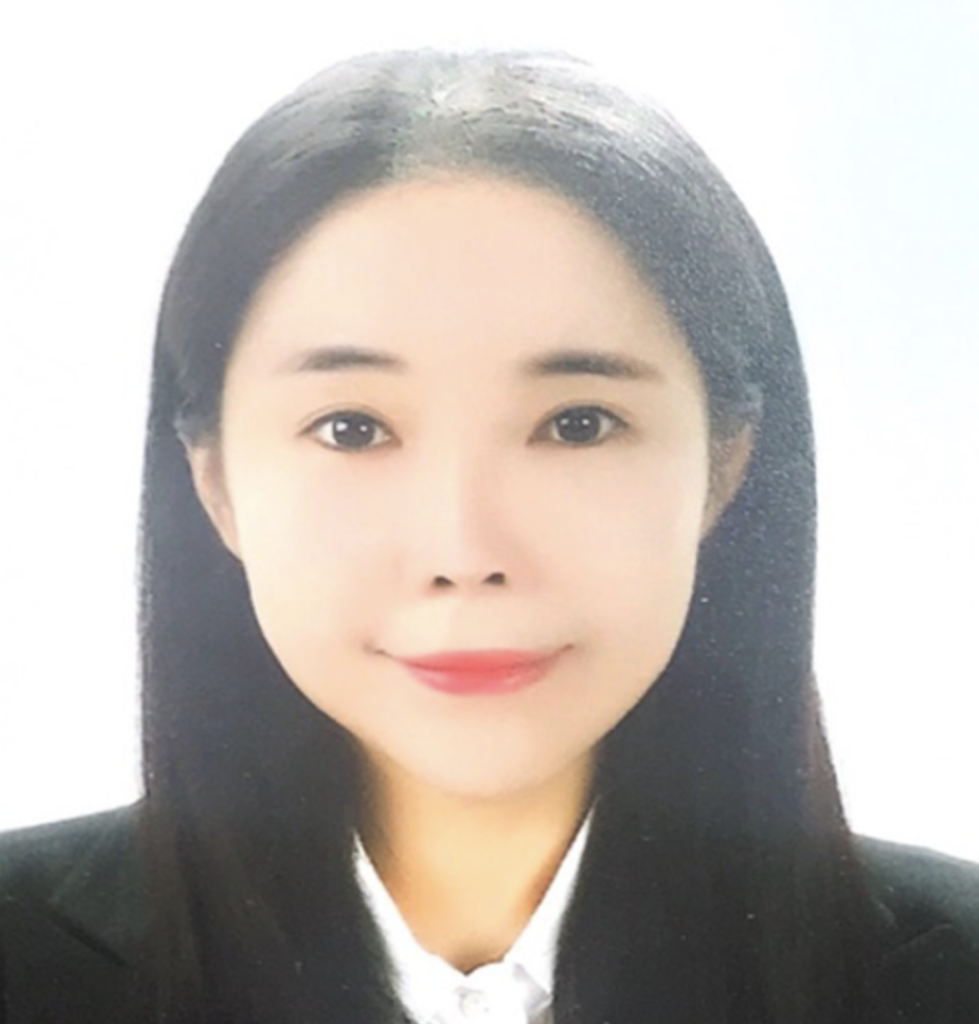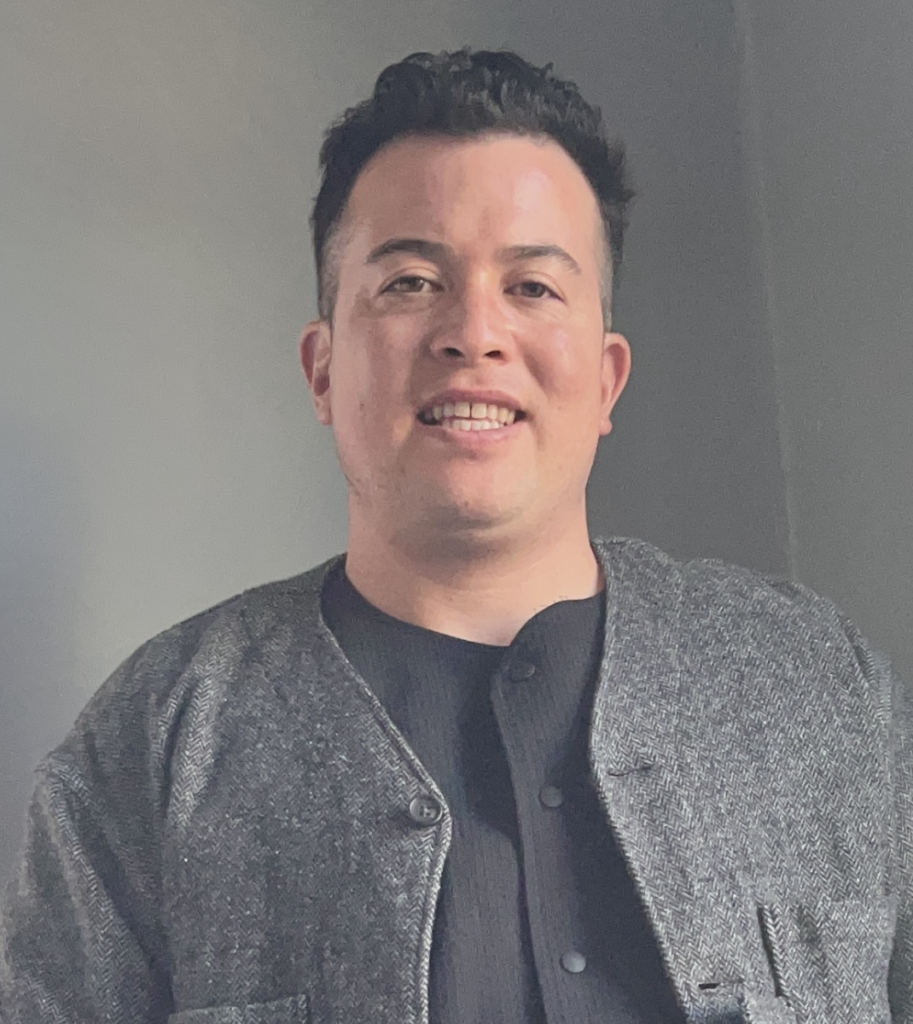President’s Message
Dear LRA Family and Friends,
I begin this newsletter by acknowledging our role as not only a community of scholars but a community of professionals who care for and about our colleagues and the constituents impacted by our work. We care about the well-being of those in our LRA family with ties to Michigan State University and other academic institutions and a growing list of elementary and secondary schools and their respective communities of students, staff, and families who have been traumatized by the acts of gun violence. Such violence has resulted in the injury and death of students and educators, and disruptions of learning. It is critical that we recognize that the residual effects of acts of violence and injustice directly impact student and teacher well-being and performance.
Our work as literacy researchers and educators continues despite the many societal and institutional obstacles in our paths. We can take inspiration from the words of Audre Lorde (1942) who said:
“To refuse to participate in the shaping of our future is to give up. Do not be misled into passivity either by false security (they don’t mean me) or by despair (there’s nothing we can do). Each of us must find our work and do it. “
LRA has found its work and is working purposefully and tirelessly to get it done. Our choices are reflected not only in our mission statement but in our collective and individual voices about policies and practices that inhibit the critical thinking of children and youth and restrict the ability of teachers to teach, and devalue the history, culture, and languages of the diversity of people around the world. Yet, amid these challenges we remain steadfast in our efforts because “we have found our work and continue to do it.”
We all have a vested interest in helping LRA to grow in its impact and direction. You are strongly encouraged to help shape LRA’s future by participating in the election process. Our continued growth in meeting new challenges is dependent on the choices in leadership that we make.
Our work as a premier literacy research organization is impacted by one new challenge which involves the management of the Association. Association Services Group (ASG), which has served LRA since 2017, notified LRA leadership of its resignation as LRA’s management company on 2/6/2023 as they transition to a new management strategy. Both ASG owners and LRA leaders believe that the change will provide new opportunities for growth for our organization. The final date of full service for ASG is May 8, 2023, which fulfills the 90-day notice specified in the contract. A LRA Search Committee has been created and begun its work. Meanwhile, LRA leaders are working with ASG to ensure a smooth transition to a new management company.
Currently the 2023 Conference Chair, Al Tatum, and Fenice Boyd, Associate Conference Chair, are in the process of planning for the 2023 Annual Conference in Atlanta, GA. We are all looking forward to joining you in exploring this year’s theme of “Interrogating Hierarchies: Building a Humanitarian Literacy Research Architecture that Binds” which challenges literacy researchers to be “responsive, timely, and forward-looking.”
With appreciation for you and your work,
Doris Walker-Dalhouse
LRA President 2022-2023
doris.walker-dalhouse

2022 J. Michael Parker Award Winner: Dr. Jin Kyeong Jung
Asian Adult Immigrants’ Lived Experiences in Workplaces
Jin Kyeong Jung
The 2022 winner’s research stems from her doctoral dissertation study in a northeastern city in the United States with Korean American adolescents in a working-class neighborhood. The Korean American adolescents wondered why there were so many Korean Americans working at dry cleaners in their area and questioned their role models as Korean Americans and in terms of social status. To understand Korean American immigrants’ lived experiences at dry cleaners, the author examined language and literacy practices of one Korean American family who works at a dry cleaner. The theoretical framework was informed by Brian Street’s Literacy as Social Practices. The researcher employed an ethnographic case study and collected observational and interview data, including field notes and audio recordings. She used open coding and axial coding to find themes or patterns and engaged in multiple rounds of data analysis. The findings show that the Korean American immigrants at a dry cleaner have built on their own strategies or “know-how,” including interactions with customers in the workplace for a long time. They coordinated multiple resources to communicate with customers, including making eye contact, friendly smiling, laughing brightly, exhibiting a great sense of humor, and engaging in appropriate body language. In addition, their lived experiences in the workplace, a dry cleaner, have been a central part of their immigrant life ever since they migrated to the U.S. In conclusion, the scholar argues that the findings of this study contribute to adding the workplace of immigrant adults as a significant space for immigrants’ language and literacy practices. Furthermore, this paper argues that Asian immigrants’ lived experiences in workplaces should be valued as an important part of our society and that they are important members of our society.
Meet the 2023 Election Candidates!
We encourage you to participate in the 2023 election, which will run from March 1st-March 10th, 2023. Below is a list of the candidates. Be sure to check in later this week for more information!
2023 Vice President-Elect Candidates

2023 Board of Directors Candidates


2023 Conference – Call for Proposals
2023 LRA Conference Theme Announced!
“Interrogating Hierarchies: Building a Humanitarian Literacy Research Architecture that Binds”
November 29th – December 2nd, 2023
We are excited to announce that the 2023 Call for Proposals system is open for submissions. We want to make sure the proposal submission process is easy for all of our submitters. To begin, we recommend that you review the 2023 Call for Proposals. This form will provide you with the guidelines needed for submitting your proposal, important dates, and so much more! Please make sure to review the Call for Proposals, before submitting. If you have questions, please reach out to LRA Headquarters.
Proposals for the 2023 conference program must be submitted electronically by 11:59 PM PST on March 1st, 2023.
Seeking Nominations: “In Defense of Good Teaching” Award
This award was established to honor professional educators who stand up to harmful laws, policies, and practices in extraordinary ways, and who set an example of well-grounded, humanistic, holistic education.
The Department of Teaching, Learning and Sociocultural Studies (including the Program in Language, Reading and Culture) in the College of Education at the University of Arizona seeks nominations for this award. It is given in honor of Kenneth S. Goodman, recognized internationally for his comprehensive theory of reading, and as an advocate for teachers, political action, holistic education. Learn more here.
Nominations for the 2023 award will be accepted until April 1, 2023.
Mail or email documentation to:
David B. Yaden, Jr., Ph.D., In Defense of Good Teaching Committee Chair Department of Teaching, Learning and Sociocultural Studies College of Education, University of Arizona, 1430 East Second Street, Tucson, AZ 85721
Email: dyadenjr@abermudezemail-arizona-edu
Call for Nominations: Arthur Applebee Award for Excellence in Research on Literacy
Please take a moment to submit a nomination for an article for the Arthur Applebee Award for Excellence in Research on Literacy. The deadline is Tuesday, September 5, 2023. Learn more here.
The Arthur Applebee Award for Excellence in Research on Literacy is presented annually to honor an outstanding article in literacy research published in a refereed journal in the previous calendar year. The award is presented in memory of University at Albany – SUNY Distinguished Professor Arthur N. Applebee, internationally renowned for his seminal scholarship in the fields of literacy and language learning,
To nominate an article, please send an electronic copy of the article and a nomination letter that states how the article meets the criteria to Kathleen Hinchman (kahinchm@syr.edu) by Tuesday, September 5, 2023. Self-nominations are accepted.


























